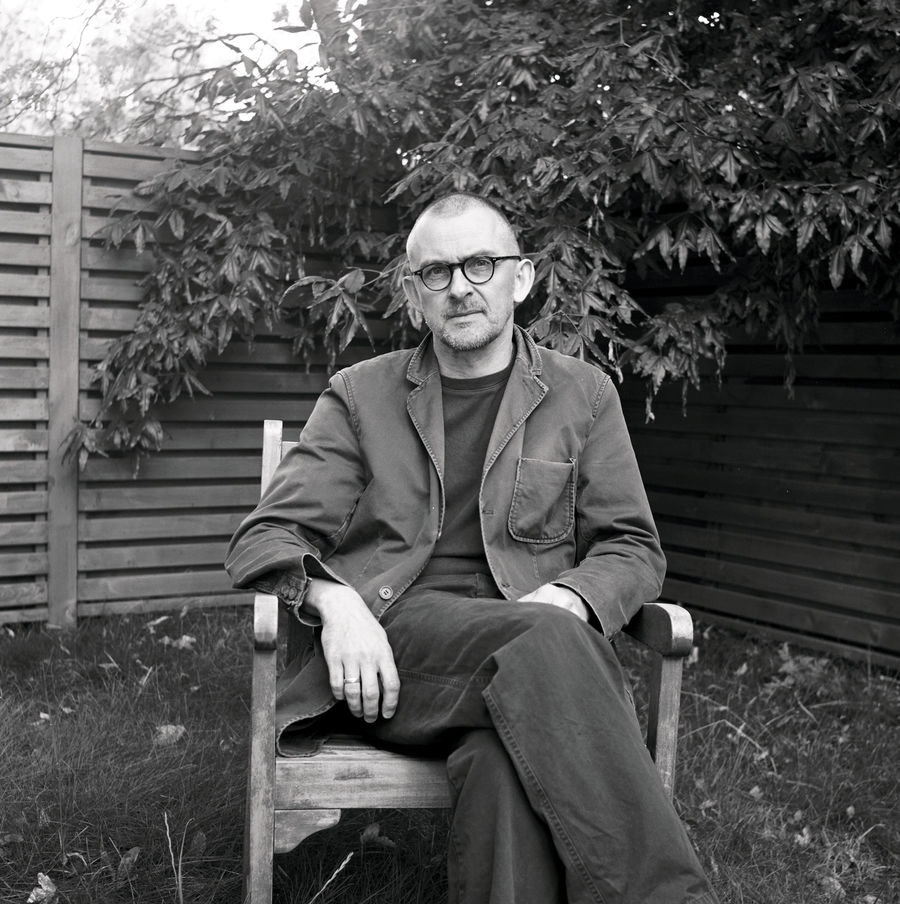It's not that complicated, really
Whoever writes out the weekly little best-seller lists in the newspapers is presumably having no end of trouble with the title of Bragi Ólafsson's newest work.
Whoever writes out the weekly little bestseller-lists in the newspapers is presumably having no end of trouble with the title of Bragi Ólafsson's newest release, which, roughly translated, amounts to The Manuscript of the Movie by Arnar Featherby and Jón Magnússon about the Ruckus at the Restaurant by Jenný Alexson. The Icelandic title, Handritið að kvikmynd Arnar Featherby og Jóns Magnússonar um uppnámið á veitingahúsinu eftir Jenný Alexson, is hardly less vertigo-inducing.
There is, of course, a long  tradition of authors hiding behind fictional narrators, the most famous probably being the imaginary scholar Benengeli, the fictional author of Cervantes' Don Quixote. However, as far as we could tell from the title, there are no less than three possible narrators to The Manuscript, causing our heads to spin when we tried to figure out who is supposed to be telling the story.
tradition of authors hiding behind fictional narrators, the most famous probably being the imaginary scholar Benengeli, the fictional author of Cervantes' Don Quixote. However, as far as we could tell from the title, there are no less than three possible narrators to The Manuscript, causing our heads to spin when we tried to figure out who is supposed to be telling the story.
“It's really not that complicated,” Bragi assures us. “It just happened by itself. Once you start writing about one person, that person has ties to other people, and they to still others. The goal isn't to confuse readers, but rather, perhaps, to catch them in a sort of net. And, of course, everyday existence is infinitely complicated anyway."
Bragi, a former bassist of the rock-group Sugarcubes, began publishing poetry books in the 80's, and then moved on to novels in the next decade. His novel The Ambassador was nominated for the Nordic Council's Literary Prize, and most of his novels before and since have been nominated for The Icelandic Literary Prize. His newest book is no exception.
Merging with the real world
Bragi's creations have a bewildering tendency to sprout tendrils in all directions. For instance, one of the Manuscript's protagonists is a relative of the narrator in The Ambassador, an earlier and entirely different novel of Bragi's. Going a step further, the world of the English version of The Ambassador, published by Open Letter Books, actually managed to merge with reality: Last year, a strange e-book called The Season of Poetry appeared on the Open Letter Books website. At first glance, the book appears to be an anthology of translated poetry from something called “ The International Poetry Festival,” said to have taken place “in Vilnius and the spa-town Druskininskai,” and including contributions from such poets such as “Sipho Leber Bubi” and “Lørpsliç Bierkegårt.”
The festival in question, however, only took place on the pages of The Ambassador, and Mr. Buber and Ms. Bierkegårt, like all other poets featured, are likewise fictional creations. The poems, it turns out, are composed by a group of such noteworthy English-speaking poets as Jesse Ball, Priscilla Becker and Eliot Weinberger, who are credited as “translators.”
“The idea came from Lytton Smith, the English translator of The Ambassador,” Bragi explains. “Real-life poets were recruited into inventing an imaginary poet and then writing a “translation” of a poem by their creation. The book could then be used to promote the English version of The Ambassador. At first, my American publisher wanted to make a promotional video for the book, but once this idea came up, it inevitably won out.”
And what's next on his agenda, now that the book is out?
"My hands are pretty full,” he replies. “Right now I'm translating a play from English, and writing a stage adaption of one of my own novels. Above all, though, I'm thinking about a play I'm about to write, and of the next two novels. One of them is already well underway.”